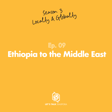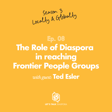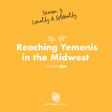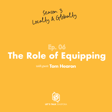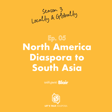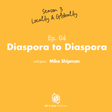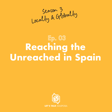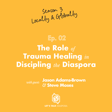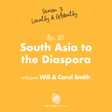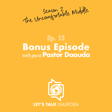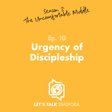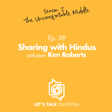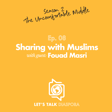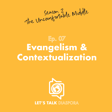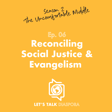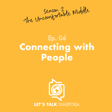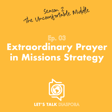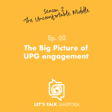
Navigating Church Planting and Cultural Contexts
In this episode of the "Let's Talk Diaspora" podcast, hosts Bud and Rebecca delve into the complex topic of church planting within cross-cultural contexts, particularly in diaspora communities. They explore the tensions and challenges of integrating diaspora people groups into church settings, considering aspects such as culture, language, identity, and generational shifts.
The hosts begin by addressing the tension between establishing an indigenous church within diaspora communities versus assimilating them into existing churches. They highlight the importance of preserving cultural identity, language, and customs while also creating a genuine relationship with God. The hosts emphasize that the stakes are high, as people's souls are at stake, and church planting plays a crucial role in reaching the unreached.
The discussion expands to the significance of understanding the generational context within the diaspora. First-generation immigrants, 1.5-generation individuals, and second-generation individuals have unique needs and considerations when it comes to church involvement. The hosts stress the importance of discerning whether existing church models are suitable for each generation or whether specialized approaches are necessary.
The hosts advocate for a balanced approach to church planting, considering the strategic benefits of investing time upfront to establish strong foundations. This allows for a more organic and effective growth process as indigenous believers disciple others and integrate their culture and faith. The hosts acknowledge that the pace of growth may be slower, but the long-term impact can be more profound.
Throughout the episode, the hosts emphasize cultural sensitivity and the need to recognize one's own cultural biases. They discuss the potential for redeemable aspects of traditional cultural practices and forms, encouraging open dialogue within the community of believers to determine what should be retained or adapted.
